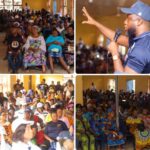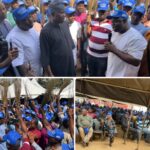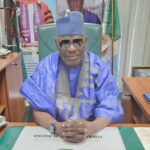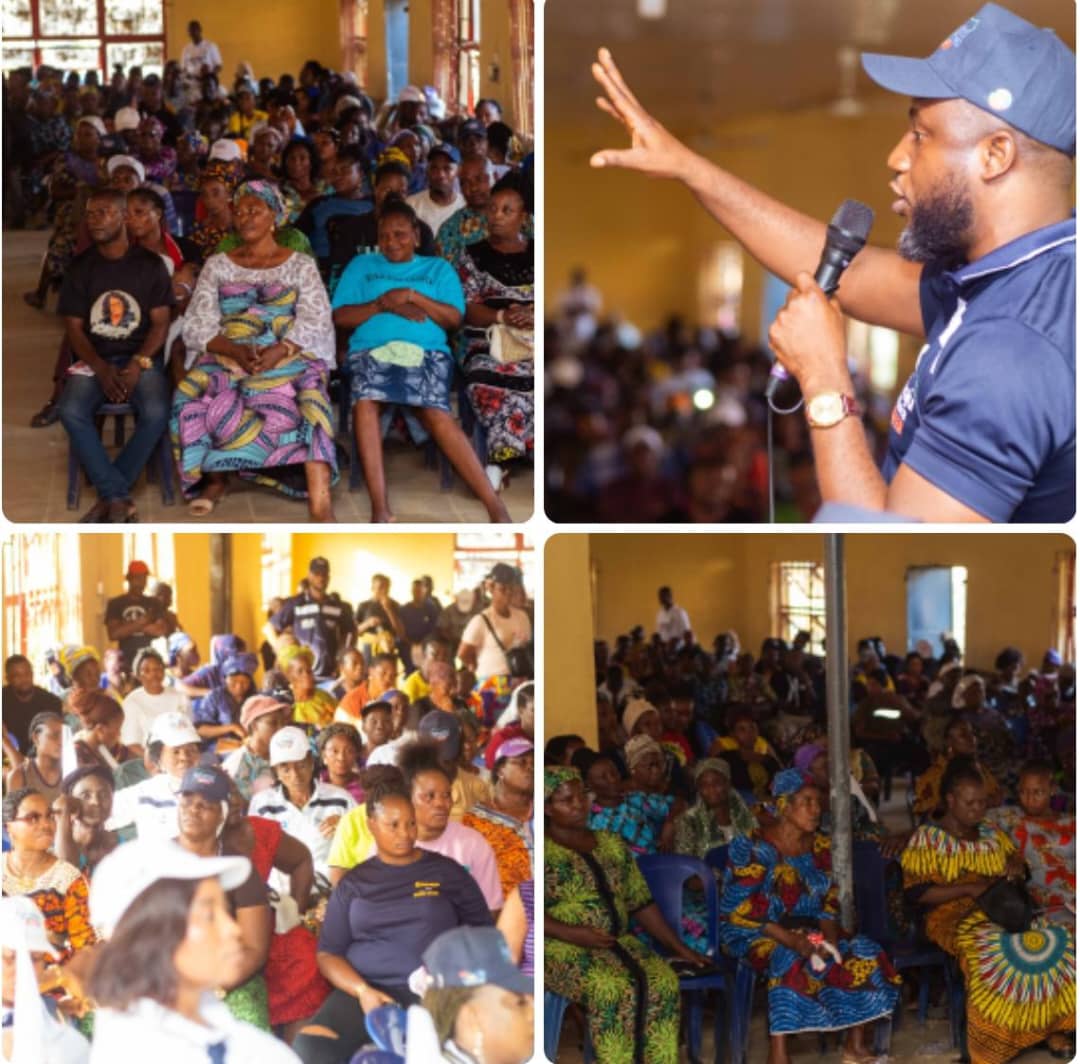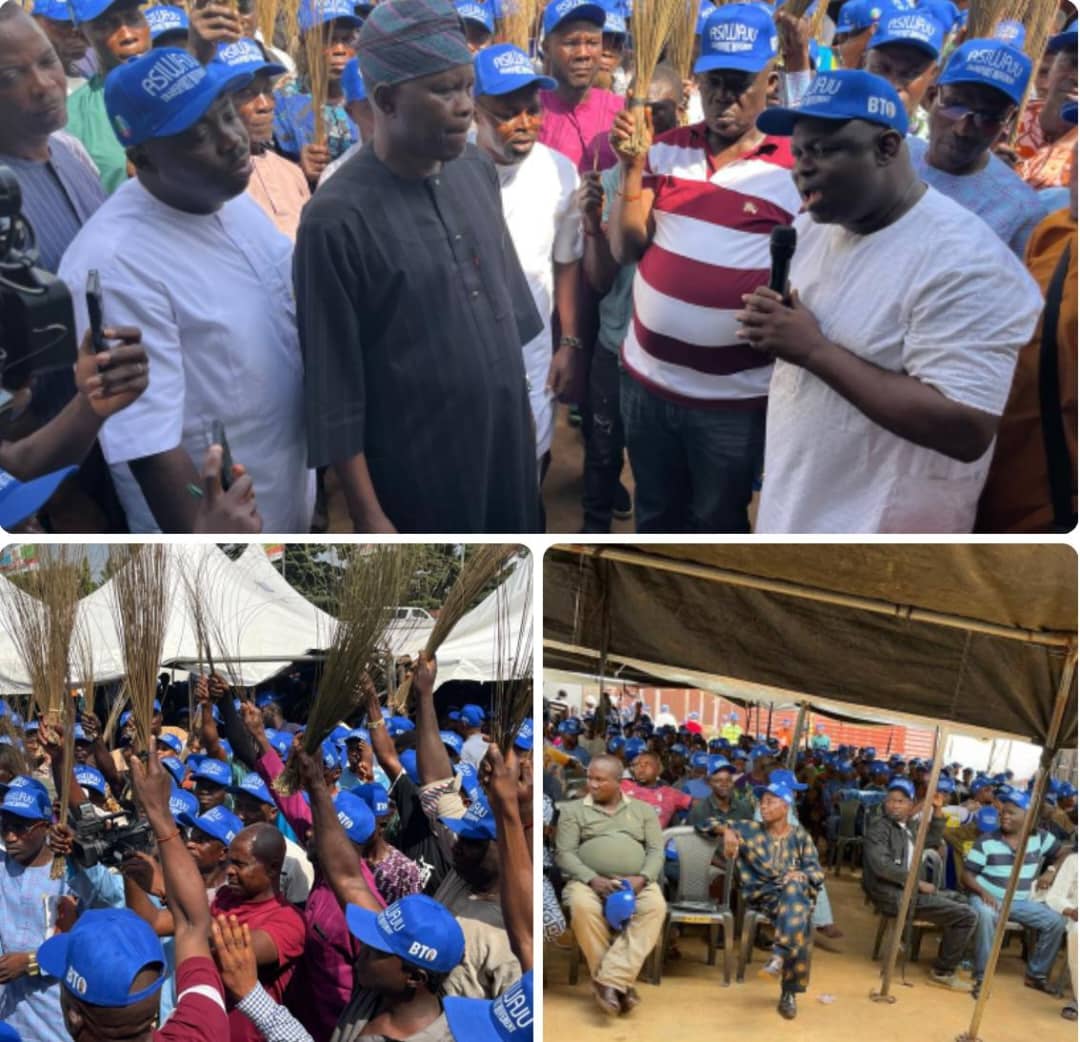…..We’re targeting People’s oriented Budget with Stakeholders’ Engagement.
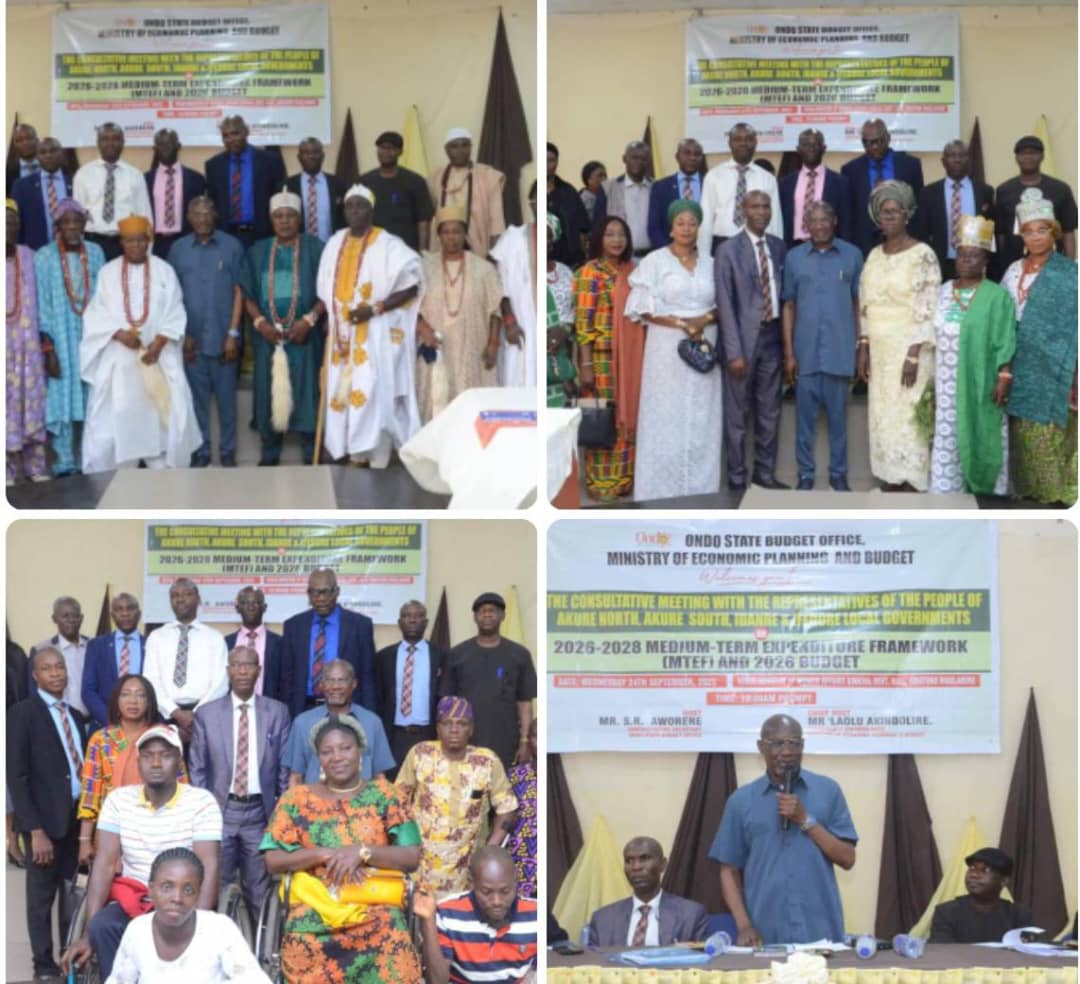
In preparations for the next year’s budget, the Ondo State Government has continued with engagement of key stakeholders.
The latest consultations included traditional rulers, Students bodies,Civil Society Organisations (CSOs), Non-Governmental Organisations (NGOs), Community-Based Organisations (CBOs), trade unions, organised private sector, professional bodies, women and youth groups, as well as vulnerable/people living with disabilities, from across the 18 local government areas of the state.
The engagement, which concluded in Akure on September 24, 2025, focused on the 2026–2028 Medium-Term Expenditure Framework (MTEF) and the 2026 Budget formulation.
Stakeholders sessions were held across five zones of the state, drawing participation from traditional rulers, community leaders, local council chairpersons, and their representatives, student bodies among others.
Addressing the stakeholders’ engagement held in Akure on Thursday, the State Commissioner for Economic Planning and Budget, Hon. Laolu Akindolire, expressed the State Government’s unwavering commitment to inclusive governance through continuous dialogue with citizens, aimed at incorporating their inputs into the 2026 Budget and long-term fiscal planning.
He said the engagement is part of the broader vision to transform the state into one of Nigeria’s most developed states through strategic budgeting, projects, and programme implementation.
Speaking at the Akure session, the Commissioner stated that the state government is proposing a more realistic and streamlined 2026 budget, aligned with available and accessible funding sources.
This move, he explained, is a strategic response to poor budget performance in 2025, which was significantly affected by non-disbursement of funds by foreign development partners.
He said: “When we looked at the 2025 capital budget, it was just too unrealistic. A capital budget of N433 billion—how do you fund it?
“That’s why we’re preparing a more realistic budget for 2026, targeting 70–80% performance by focusing only on revenues we are confident will come in.”
It would be recalled that the state’s 2025 Budget was a total of N698.6 billion, with Capital Expenditure at N433.6 billion (63.07%) and Recurrent Expenditure at N222.2 billion.
Akindolire noted that future budgets would no longer depend heavily on development funding, which he described as “clumsy and unreliable” in terms of disbursement timelines.
“We’re now focusing on realistic funding sources. If additional support comes from development partners, it’s welcome—but it will no longer form the base of our planning,” he emphasized.
On Agriculture, Security, Education, SMEs, the Commissioner revealed that the 2026 Budget would prioritise sectors that directly affect the people, especially in the face of reduced fiscal space.
“Agriculture will be well funded. Food security is a top priority for this administration. We are also focusing on human capital development, security, and SME support as key drivers of economic growth,”” Akindolire said.
He stressed that security remains non-negotiable, noting that the Amotekun Corps and other state security outfits would continue to receive robust funding.
“You can’t go about your business or send your children to school if the environment isn’t secure. Security will continue to be a major focus,” he added.
In his remarks, the Administrative Secretary of the Budget office, Pastor Stephen Aworere, had earlier noted that the initiative was a deliberate move by the administration of Governor Lucky Orimisan Aiyedatiwa to democratize the budget process and make it truly participatory.
Aworere said, “this engagement has helped the government ascertain the most pressing challenges faced by the people, thereby allowing us to focus on real solutions.”
In a bold step to align education with employability, Aworere disclosed that the state would soon begin to inculcate vocational and technical training into the secondary school curriculum.
He said: “Students will graduate with both O’Level certificates and skills certification in areas like plumbing, welding, bricklaying, and electrical work.
“The aim is to make them self-reliant even without going to university.”
The Administrative Secretary noted that the budget is being structured in line with World Bank economic forecasts for Nigeria. The global institution pegs Nigeria’s GDP growth at 3.40%, inflation at 24%, and crude oil at $70 per barrel for 2026.
Furthermore, only credible development funding partners will be considered going forward.
According to Aworere, “We’re instituting tighter screening for development organisations. Only the most credible will be admitted into our budget plans.”
He also mentioned that rural communities will benefit from World Bank-backed projects such as rural roads and market construction, to ease the movement of farm produce to urban centers.
Stakeholders engaged during the sessions included Traditional rulers,student unions, youth parliaments, persons with disabilities (PWDs), market associations, women’s groups, community-based organisations, NGOs, CSOs, and the organised private sector, who described the engagements as unprecedented and commendable.

